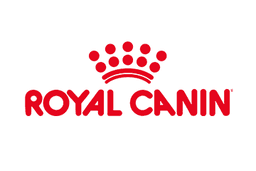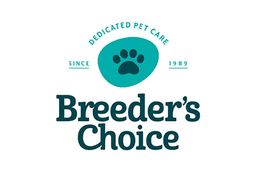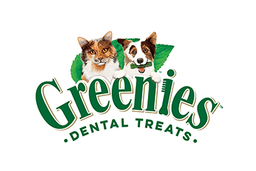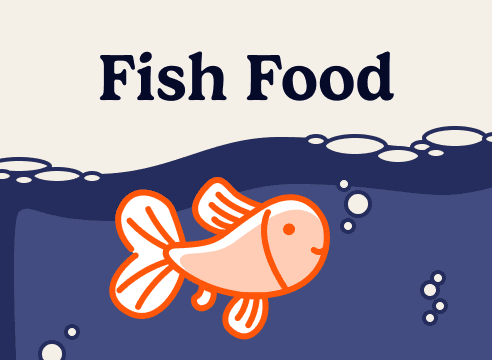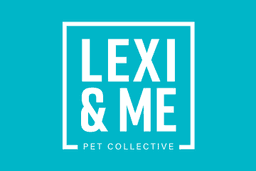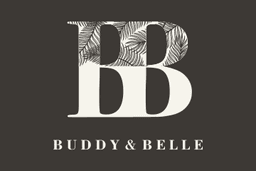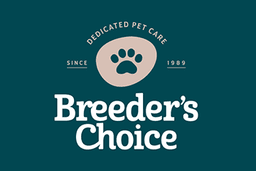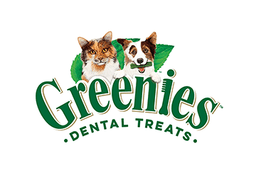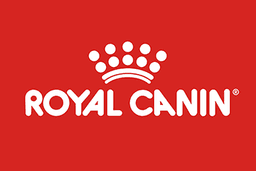Affenpinscher

The Affenpinscher, often called the "monkey dog" thanks to its playful and cheeky expression, is a fun-loving companion that's best suited for homes without young kids. This breed has been around since the 1700s in Germany, where it was originally bred to keep pesky rats and mice at bay. The name "Affenpinscher" comes from the German word “Affen,” meaning monkey, which pretty much sums up their curious and lively personality.
These little guys are a toy breed, typically standing between 23 to 30 cm tall and weighing around 3 to 6 kg, with females usually being a bit smaller. They come in a range of colors like black, grey, silver, red, black and tan, and beige. With a lifespan of 11 to 14 years, they can be a great long-term companion, though their short snouts can sometimes lead to breathing issues, so it's important to keep an eye out for conditions like Brachycephalic Obstructive Airway Syndrome (BOAS)
Affenpinscher Facts & Characteristics
| Characteristic | Detail |
|---|---|
| Origin | Germany, 17th century |
| Also known as | Affen, Affie |
| Bred for | Hunting rats, companionship |
| Size | Toy, 23 to 30 cm |
| Weight range | 3 to 6kgs |
| Colours | Black, grey, silver, red, black and tan, beige |
| Life expectancy | 11 to 14 years |
| Coat | Scruffy, dense rough coat that benefits from regular clipping, minimal shedding |
| Temperament | Feisty, confident, affectionate |
| Exercise requirements | Medium |
| Best suited for | Experienced dog people, better suited to households without small children |
| Apartment friendly | Can adapt to apartment living but needs exercise and entertainment and may become destructive if bored |
Personality
The Affenpinscher is full of energy, always on alert, and quite sharp-witted. But don’t be fooled—they’ve got a mischievous streak and can be a bit stubborn at times. They’re incredibly loving and loyal to their family but might be a little wary of strangers.
Given their small size and big personalities, they’re often a better fit for households with older children or no children at all. Daily exercise is key to keeping them happy and healthy, and it’s very important to start socialising and training them early on. This helps ensure they grow up with good manners around other dogs, people, and animals.
One thing to watch out for is their prey drive—they might still have the instinct to chase or be aggressive towards smaller animals. As long as they get plenty of exercise, entertainment, and attention, Affenpinschers can adapt well to apartment living. Just be mindful that if they get bored or lonely, they might resort to some less-than-ideal behaviours.
Grooming
The Affenpinscher has a thick, shaggy coat that needs daily grooming to keep it looking neat and tidy. Regular trips to the groomer for clipping are essential to maintain their best appearance. It’s also important to include ear cleaning in their grooming routine to prevent any build-up of debris, which can lead to ear infections.
In terms of shedding, Affenpinschers are considered a low-shedding breed, which makes them a bit easier to manage when it comes to keeping your home clean. However, their coat can still mat and tangle if not properly cared for, so consistent grooming is key to keeping them looking and feeling their best.
Feeding
When it comes to feeding your Affenpinscher, it’s important to choose a high-quality, premium dog food that’s suited to their age, size, and life stage. Whether they’re a playful puppy, an active adult, or a more relaxed senior, their nutritional needs will vary, so selecting the right food is essential for their overall health and well-being.
Portion control is also crucial, as Affenpinschers can be prone to weight gain if overfed. Be sure to follow the feeding guidelines on the food packaging and adjust as needed based on your dog’s activity level.
Common Health Concerns
Affenpinschers are generally healthy but can be prone to a few common issues. Due to their short snouts, they may experience breathing difficulties, especially in hot weather. Patellar luxation, where the kneecap slips out of place, and hip dysplasia, affecting the hip joint, are also concerns. Dental issues like tartar buildup are common, so regular dental care is important. As they age, they might be at risk for heart conditions such as mitral valve disease.
Did you know?
In France, the Affenpinscher is described as the diablotin moustachu which means “moustached demon”.
Affenpinscher FAQs
Where can I get an Affenpinscher?
Affenpinscher are not very common in Australia. It may be possible to find one via a breed specific rescue organisation. You may also find a perfect small dog for you and your family at your local rescue organisation or shelter who needs a loving home.
How much is a Affenpinscher
In Australia, the cost of an Affenpinscher puppy typically ranges between AUD $3,000 to AUD $5,000, depending on the breeder, the puppy's pedigree, and whether the dog is intended for showing or companionship. Prices can vary based on location and breeder reputation, so it’s a good idea to research thoroughly and ensure you’re purchasing from a reputable source. Additionally, there may be other costs involved, such as vaccinations, microchipping, and initial veterinary care.



